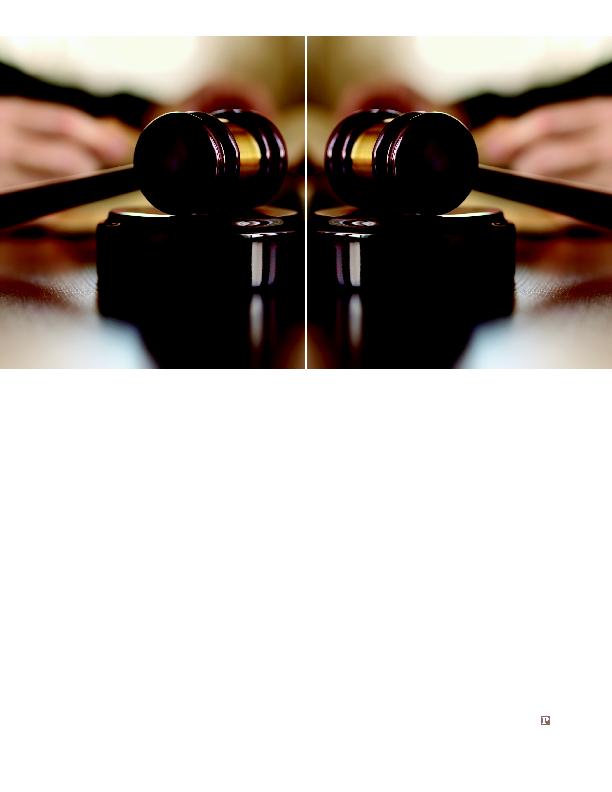
to the civil case while awaiting the
outcome of the criminal case is contrary
to the Sixth Amendment right to a speedy
criminal trial in the U.S. Constitution.
In contrast, a plaintiff in a civil case
does not have a "right" to a speedy trial.
There are many factors which go into
when a civil case is set for trial. That
is why many courts have trial setting
conferences and why the general rule is
that setting the date for trial is left to the
sound discretion of the court.
Beyond the Keating factors, it is
important to recognize that a business
entity (as opposed to an individual) does
not possess a Fifth Amendment right
against self-incrimination. Typically, one
or more company officers or high-level
employees have criminal exposure along
with the company. There is case law
allowing a stay to be expanded to include
a company if certain circumstances
warrant it. The individual facing
criminal exposure must be the source
of information that is important to the
company's defense. It must be shown that
if that individual invokes his or her Fifth
be unable to adequately defend itself. In
that situation, the fate of the company is
so dependent upon the individual, courts
will usually extend the stay to cover the
company.
It is likely that a plaintiff will
oppose extending the stay to include the
company by arguing that there are other
individuals with sufficient knowledge
that aren't facing criminal exposure
who can testify and not invoke the
Fifth Amendment privilege. In order to
overcome this argument, you must show
that regardless of the availability of
other witnesses, the unavailability of a
key witness due to the Fifth Amendment
critically harms the company's defense.
In addition, there is a practical argument
favoring extending the stay to the
company. It makes little, if any, sense
to issue a stay covering an individual
defendant, yet allow the civil case to
proceed against the company. How could
that possibly work in practice?
The surrounding circumstances
can impact the strength of a motion to
stay a civil action. The motion's chance
of success is greater where a criminal
to a situation where it hasn't but is an
obvious risk. Often times the plaintiff in
the civil action is also the complaining
party that caused the commencement
of the criminal action. That fact bears
mention in the stay motion, as it can
be argued that the plaintiff caused the
defendant's dilemma.
A plaintiff may even go so far as to try
to use the criminal case for an advantage
in the civil case. For example, a plaintiff
might try to extort a settlement arguing it
would earn the defendant leniency in the
criminal action for making "restitution."
Such conduct is improper per the
California Rules of Professional Conduct,
Rule 5-100. If that were to occur, it
would certainly strengthen a motion to
stay the civil action.
A motion to stay a civil action until
the disposition of a parallel criminal
action is well worth the effort. Each case
can be dealt with separately and on its
own merits. More importantly, if granted,
a motion to stay allows for a full and
complete defense of both cases.